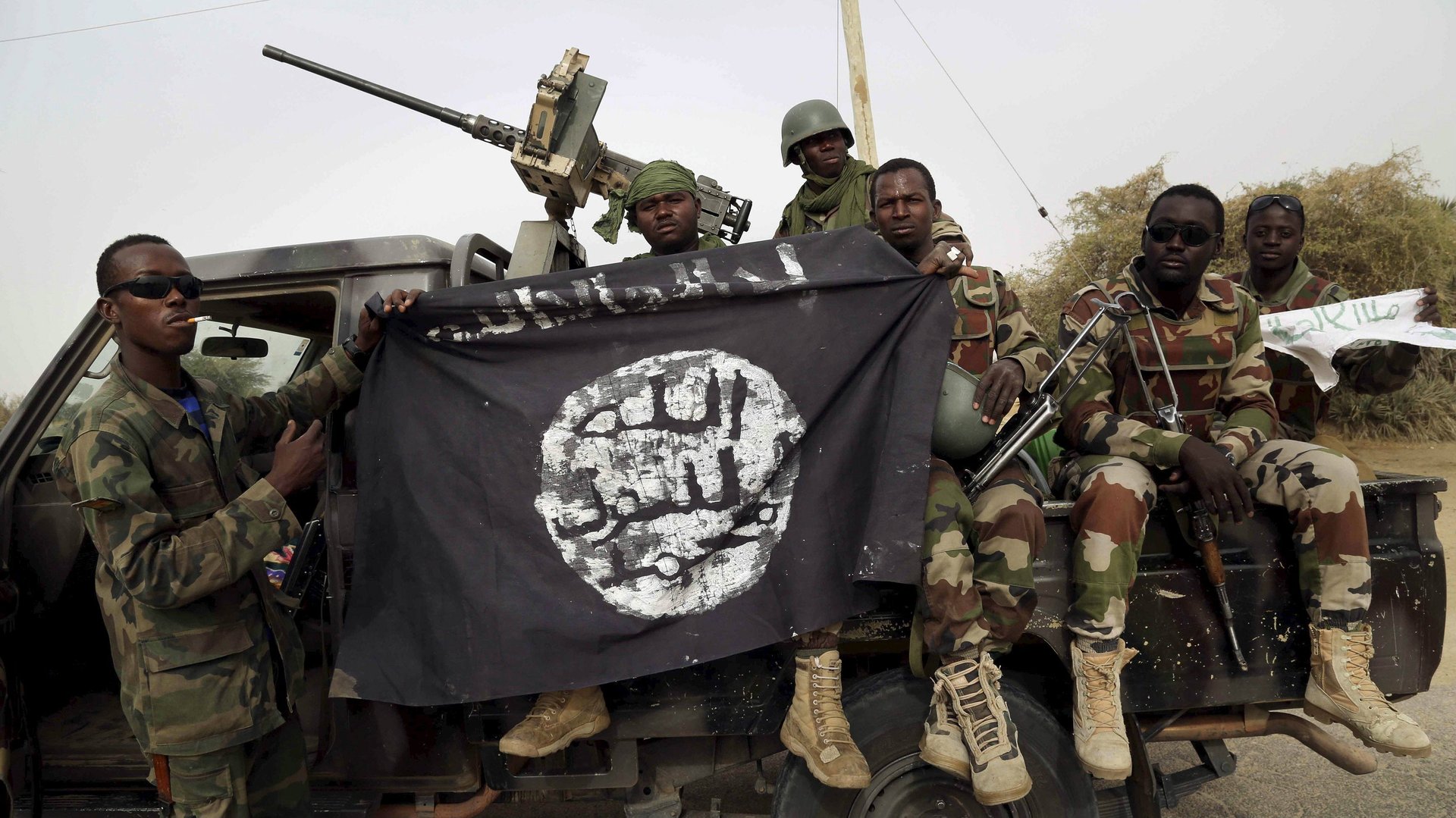Amnesty International is opening shop in Nigeria and will investigate army abuse claims
This post has been corrected.


This post has been corrected.
Human rights advocacy organization Amnesty International has had a rocky relationship with recent Nigerian governments, particularly with former president Goodluck Jonathan’s regime which struggled to maintain control in the battle with Islamic insurgent group Boko Haram.
In June, Amnesty released a damning report alleging human rights abuses by Nigerian soldiers against local civilians. Again, the Jonathan government firmly denied any human rights’ abuse by Nigerian soldiers.
But in what appears to be a change of tack by president Muhammadu Buhari’s new government, Nigeria has welcomed the human rights watch group to open an office in the country’s capital city Abuja. The government is also set to investigate previous claims of human rights abuse more closely.
The allegations of human rights abuse have come amid Nigeria’s continuing battle against insurgent groups in the north-east. According to Amnesty International, Nigeria’s military arbitrarily detained and killed civilians and it named senior military officials who it said were culpable for these offenses. Amnesty’s detailed report (pdf), released in March, painted a grim picture stating that as many as 7,000 civilians have died in military detention.
President Buhari’s invitation of the human rights group suggest impending reforms and a clean-up within the Nigerian army—a major call given the former military ruler’s long history as an army officer. The move could also be seen as an implicit admission of guilt or some degree of wrongdoing. Buhari fired military chiefs within weeks of taking office.
Back in January reports claimed more than 2,000 people had been killed in a Boko Haram raid on Baga, a town in northeast Nigeria. Amnesty said if the reports were true the attack would be Boko Haram’s ”deadliest” which was widely quoted in global media. Jonathan’s government’s disputed the Baga numbers as “exaggerated” and a fact-checking report by AfricaCheck.org said there was no clear evidence of that many people being killed.
Amnesty’s Nigerian office will also be investigating perennial issues of oil pollution in the Niger-Delta region having been vocal on the matter for several years. In May, it warned Shell investors of the high cost of the company’s impending clean-up of Ogoniland.
According to reports, Amnesty’s investigations will begin as soon as Nigeria appoints a minister of justice—a process which is currently underway as Buhari’s ministerial nominations, announced last week, are currently undergoing a confirmation process by the Senate.
Correction (Oct.15): A previous version of this story said Amnesty International had claimed 2,000 people had been killed in Baga. Amnesty International commented on the early reports from Baga but was not the source of the number.